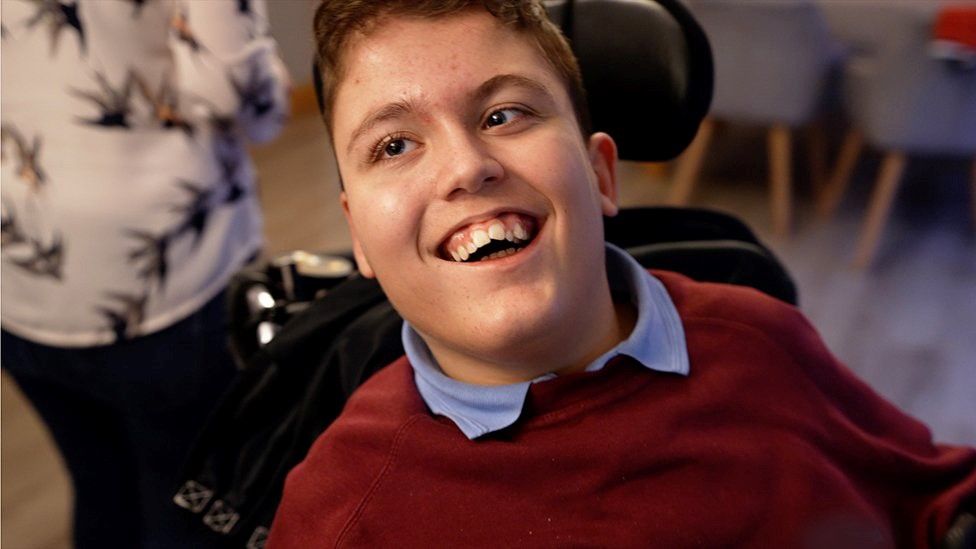Families of disabled people tell BBC of battle for NHS care support


More than 100 families looking after severely disabled adults and children outside hospital, have told the BBC that the NHS is failing to provide enough vital support.
Many got in touch after a BBC report about a mother left on her own for long periods to care for her son.
The NHS says help is based on individual needs and government guidelines, ensuring consistency.
However, some families describe the system as adversarial.
Only those living outside hospital with life-limiting conditions, or at risk of severe harm if they don't have significant support, get this help from the NHS in England and Wales.
It is provided through a scheme called Continuing Healthcare (CHC) for adults, and its equivalent for under-18s, Children and Young People's Continuing Care.
Cases in England are decided by NHS Integrated Care Boards (ICBs) - panels responsible for planning local health and care services. In Wales, they are overseen by local health boards.
The BBC has heard from 105 families who described serious concerns with how the two schemes are working - with most calling for reform.
Some of the families say they were assessed as eligible for funding, then the decisions were reversed. Others saw NHS support disappear when they moved from one part of England to another.
Many had read about Alex Spencer, a single mother looking after her severely disabled son, Declan. She described how a lack of support once meant she'd had to stay awake for 60 hours caring for him. Sadly, Declan died on 26 August last year.
Stories from the families included:
- A young man with 24-hour needs who hasn't received any CHC help despite being eligible since February 2023 - his parents, who first applied for support on his behalf nearly two years ago, currently provide round-the-clock care
- A family who was told overnight care for their teenage child - who is non-verbal, has severe mobility issues and requires 24/7 support - would be reduced from seven down to three nights a week, without a reason being given
- A single mother whose daughter's brain injury caused multiple seizures a day. The NHS believed the girl's needs were too high for a single nurse to provide all her care, but for significant periods of time expected the mother to be her sole carer while looking after her other children.
- Five adults aged under 40 who said they felt CHC teams repeatedly tried to push or intimidate them into moving into care homes against their wishes. It can be a cheaper option for the NHS when families aren't able to provide care
Categories
- All Categories
- 15.4K Start here and say hello!
- 7.3K Coffee lounge
- 88 Games den
- 1.7K People power
- 119 Announcements and information
- 24.1K Talk about life
- 5.8K Everyday life
- 423 Current affairs
- 2.4K Families and carers
- 872 Education and skills
- 1.9K Work
- 533 Money and bills
- 3.6K Housing and independent living
- 1.1K Transport and travel
- 627 Relationships
- 1.5K Mental health and wellbeing
- 2.5K Talk about your impairment
- 866 Rare, invisible, and undiagnosed conditions
- 923 Neurological impairments and pain
- 2.1K Cerebral Palsy Network
- 1.2K Autism and neurodiversity
- 39.9K Talk about your benefits
- 6K Employment and Support Allowance (ESA)
- 19.7K PIP, DLA, ADP and AA
- 8.4K Universal Credit (UC)
- 5.7K Benefits and income